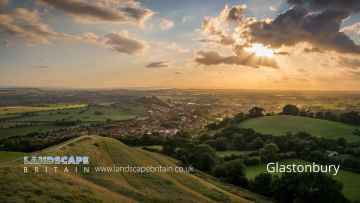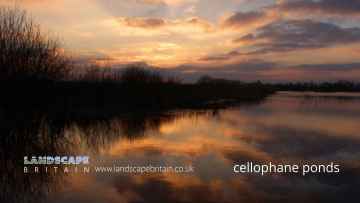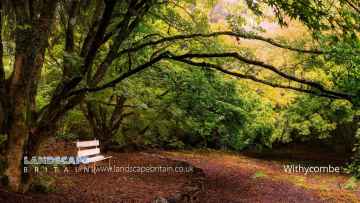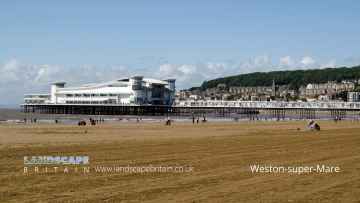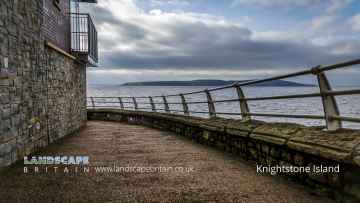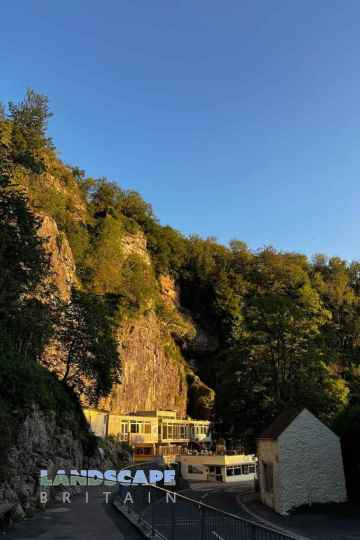Nailsea
Nailsea is a Town in the county of Somerset.
There are great places to visit near Nailsea including some great cities, historic buildings, towns, ancient sites, hills, ruins, historic monuments, lakes, villages, airports, beaches, islands, rivers and streams, hiking areas and caves.
There are a several good cities in the Nailsea area like Bath, and Wells.
The area around Nailsea boasts some of the best historic buildings including Beckford's Tower, Tropicana, Grand Pier (Weston-super-Mare), and Wells Cathedral.
There are a number of towns near Nailsea including Glastonbury, Langport, Bridgwater, and Weston-super-Mare.
Nailsea has some unmissable ancient sites nearby like Glastonbury Tor, and Chalice Well.
The area close to Nailsea boasts some of the best hills including Glastonbury Tor.
There are a number of ruins near to Nailsea including Glastonbury Abbey.
Historic Monuments to visit near Nailsea include Chalice Well, and Cheddar Market Cross.
Cellophane Ponds, and Marine Lake - Weston-super-mare are great places to visit near Nailsea if you like lakes.
Nailsea's best nearby villages can be found at Withycombe, Uphill, Cheddar, and Wookey Hole.
The area close to Nailsea boasts some of the best airports including Bristol Airport.
The area around Nailsea's best beaches can be found at Weston-super-Mare Beach.
There are a several good islands in the area around Nailsea like Knightstone Island.
Rivers and Streams to visit near Nailsea include River Axe.
Don't miss Cheddar Gorge's hiking areas if visiting the area around Nailsea.
Nailsea's best nearby caves can be found at Cheddar Gorge, and Wookey Hole Caves.
Nailsea History
There are some historic monuments around Nailsea:
Places to see near Nailsea
History of Nailsea
Nailsea’s early economy relied on coal mining, which began as early as the 16th century. The earliest recorded date for coal mining in Nailsea was 1507 when coal was being transported to light fires at Yatton. By the late 1700s the town had a large number of pits. Around this time Nailsea was visited by the social reformer Hannah More who founded a Sunday school for the workers. The Elms Colliery,(Middle Engine Pit), one of the most complete examples of an 18th-century colliery left in England, is now in disrepair. It has been designated a Scheduled Ancient Monument and is included in the Heritage at Risk Register produced by English Heritage. Remains of the old pits, most of which had closed down by the late 19th century as mining capital migrated to the richer seams of South Wales, are still visible around the town.














